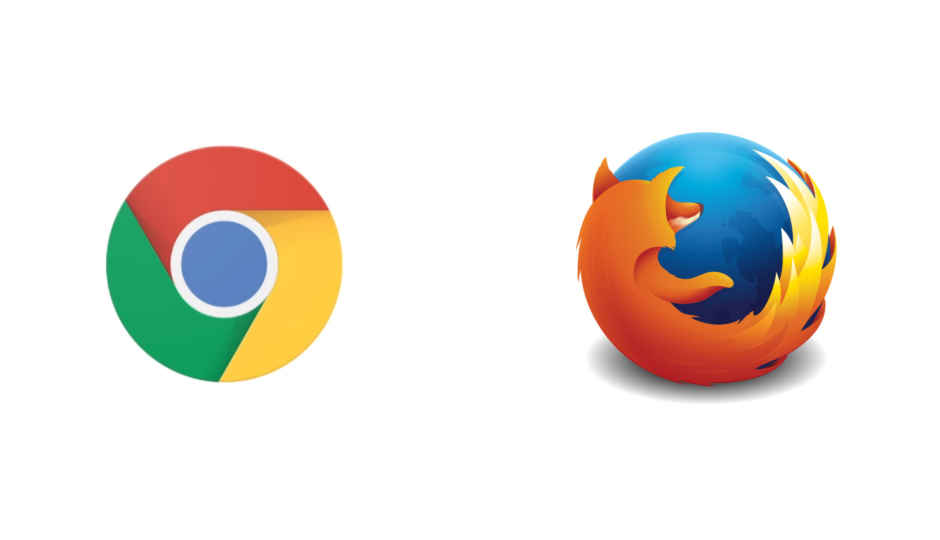Chrome 68 brings Page Lifecycle interface for better memory management, Firefox not far behind
 Most of us have experienced the frustration when the web browsers freeze on us, kill active tabs or slow the computer down to render active tabs. It looks like the memory management issue is finally being addressed in a serious manner on both Chrome and Firefox. Google recently rolled out Chrome version 68 update and with it comes the Page Lifecycle interface, which enables more efficient memory management for the browser. Mozilla Firefox is also working on its own project called Fission MemShrink, which is aimed at improving the browser’s RAM usage. With the new Page Lifecycle feature, Chrome will be better manage resources by pausing websites that are not being used actively. It also supports progressive web apps (PWAs). Working of this feature is derived from browser implementation on smartphones where the operating system is aggressive in clearing background processes and apps for preserving memory and maximising battery life. However, for Page Lifecycle to work as intended, users will need to support it so that Chrome can accordingly allocate resources. The Firefox’s Fission project aims at shaving off 7MB from hundreds or more computing processes the browser uses to render a website. MemShrink is a sub-project, which is meant to reduce memory that these processes use and Mozilla says, “The Fission MemShrink project is one of the most easily overlooked aspects of Project Fission (also known as Site Isolation) but is absolutely critical to its success. And will require a company- and community-wide effort to meet its goals.” Computer resources like processing power, memory, and data storage will always be scarce and their efficient management will enable a better user experience, faster performance and also a longer battery life for mobile devices.
Most of us have experienced the frustration when the web browsers freeze on us, kill active tabs or slow the computer down to render active tabs. It looks like the memory management issue is finally being addressed in a serious manner on both Chrome and Firefox. Google recently rolled out Chrome version 68 update and with it comes the Page Lifecycle interface, which enables more efficient memory management for the browser. Mozilla Firefox is also working on its own project called Fission MemShrink, which is aimed at improving the browser’s RAM usage. With the new Page Lifecycle feature, Chrome will be better manage resources by pausing websites that are not being used actively. It also supports progressive web apps (PWAs). Working of this feature is derived from browser implementation on smartphones where the operating system is aggressive in clearing background processes and apps for preserving memory and maximising battery life. However, for Page Lifecycle to work as intended, users will need to support it so that Chrome can accordingly allocate resources. The Firefox’s Fission project aims at shaving off 7MB from hundreds or more computing processes the browser uses to render a website. MemShrink is a sub-project, which is meant to reduce memory that these processes use and Mozilla says, “The Fission MemShrink project is one of the most easily overlooked aspects of Project Fission (also known as Site Isolation) but is absolutely critical to its success. And will require a company- and community-wide effort to meet its goals.” Computer resources like processing power, memory, and data storage will always be scarce and their efficient management will enable a better user experience, faster performance and also a longer battery life for mobile devices. from Latest Technology News https://ift.tt/2NWBRI9


No comments
Post a Comment